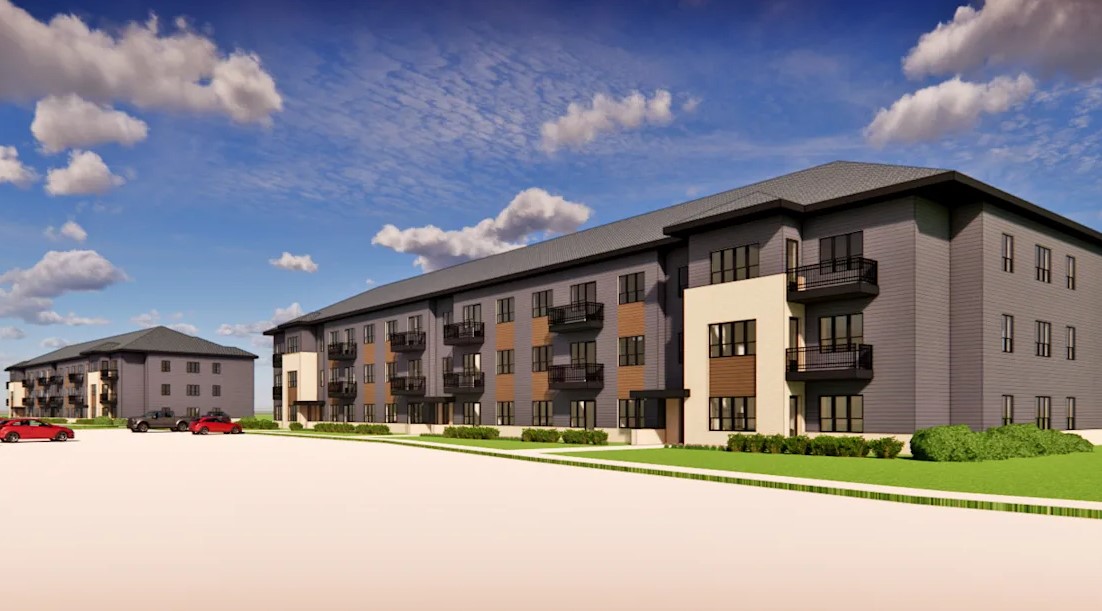The national COVID-19 Resident Sentiment Report released by Grace Hill reveals that many more renters are unsure about their ability to pay May rent as the economic impact of COVID-19 is fully felt. But, property management has the ability to impact this through service and effective communications.
“In partnership with Apartments.com, Grace Hill’s Kingsley team analyzed survey responses from more than 25,000 active and prospective renters,” said Grace Hill CEO Dru Armstrong. “We found it is essential now to understand residents’ sentiment around their ability to pay rent, given the environment, and to better understand how we as an industry can partner with residents to meet their needs during these difficult times.”
While the vast majority of Americans paid rent in April, the portion of residents who said they would ask to defer their rent may be set to double, from 20 percent in April to 40 percent. Only 52 percent of respondents were confident they could pay May’s rent in full. The remainder reported they would pay in part or they were simply uncertain, and 12 percent didn’t believe they could pay May’s rent at all. Nearly two-thirds of households said they experienced income loss, and 48 percent called the loss major or devastating.
“We need to put ourselves in residents’ shoes right now as we make critical decisions,” said Armstrong. “If you see management cutting employees who clean pedestrian paths, fix lights and caulk windows, you may ask where your rent payment will go in May, if not to help those people do their work. Communications are more successful when they are humanized.”
The ability to meet rent payments was predictably linked to factors like income, being able to do work virtually as well as direct financial impacts of the economic slowdown. But nearly all residents reported increased confidence in meeting May rent payments if they also reported property management was doing a good or excellent job in delivering services and communicating regarding COVID-19. Activities that were less directly connected to preserving normalcy, like sponsoring virtual meetups and events, had less impact.
“Kingsley has been benchmarking resident sentiment for more than two decades,” said Kingsley VP for Product Development AJ Rao. “We have consistently found that the multifamily operators that maintain a commitment to providing a high level of customer service are rewarded with resident loyalty, through good times and in times of crisis. The COVID-19 Resident Sentiment Report’s findings are no different, but they do suggest resident expectations are even higher in the current crisis environment.”
Beyond the concrete metric of rent payment, the research also showed that property owners and managers need to maintain a high level of service delivery, which correlates to residents’ willingness to recommend their property. The data suggests that not only is short term financial performance influenced by how services are delivered and how they are communicated, but long term property brand equity is also on the line right now.
As the survey uncovered, residents and property management teams are pivoting to a new normal, in terms of illness prevention, cleanliness and sanitation, virtual leasing and work, timely, empathetic communication amongst other factors.
“Separate analysis of Kingsley survey clients has found they are maintaining resident satisfaction levels that exceed the national average in this COVID-19 report,” said Rao. “The strongest recommendation we can make to the readers of this report is to boldly seek feedback from your residents and maintain high service delivery standards.”
“We have been partnering with real estate clients for over two decades to help them close their talent performance loop, through up to date policies, training, assessments and surveys via online tools and resources,” said Grace HillExecutive Vice President Kendall Pretzer. “Partnership is key to understanding the key insights the pandemic has surfaced and Grace Hill invites stakeholders to reach out to share best practices and ask questions.”
Concise training for workplace illness prevention and bloodborne pathogens are available along with training and refreshers for expanding and shoring up customer relationships and virtual leasing skills. Virtual tools for teams to leverage as they move more work online can be further leveraged. Assessing the specific dynamics of the COVID-19 pandemic in an apartment community—through pulse surveys for instance—and delivering fact-based updates and solutions derived from the guidance of authorities makes a difference. Additionally, Grace Hill has launched the COVID-19 Better Together Webinar Series, in partnership with NAA, and it’s COVID-19 Resource Center with free resources for the industry.
This report’s data also revealed actionable points on virtual apartment tours, confusion regarding CARES Act eviction restrictions and other critical points.










